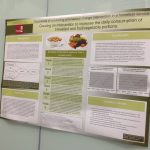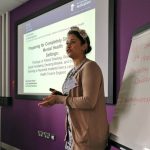As part of Sun Awareness Week (8th-14th May 2017), Dr Alison Owen (Lecturer in Psychology at Staffordshire University) blogs about her recent research into the use of facial ageing software to improve sun protection behaviours:
More than one in three people have been sunburnt in the last year while in the UK and, of those, 28 per cent were sunburnt three or more times, according to a survey carried out by the British Association of Dermatologists to mark their Sun Awareness Week. In addition, a study we conducted here at the Centre for Health Psychology at Staffordshire University found that 80% of female participants felt that a tan looked good and 71.4% felt that tanned people look healthy (Williams et al., 2013).
Based on these findings, we have researched ways in which to help people to improve their sun protection behaviours in order to encourage them to be more safe in the sun, focusing on addressing the appearance-effects of sun exposure to improve sun protection behaviours. Along with colleagues Prof. David Clark-Carter, Dr. Emily Buckley and Prof. Sarah Grogan, we showed participants images of how their faces may age if they exposed their skin to the sun, compared to how their faces might age if they protect their skin. The picture (below) shows an example of the software used, where participants are able to view a projected image of themselves up to the age of 72 years, comparing images of them after exposing their skin to the sun without using protection (right hand side) with those where they have been protecting their skin from the sun (left hand side). We found that viewing the projected damage to their skin condition significantly improved factors such as participants’ intentions to wear sun protection, and gave them more negative attitudes towards UV exposure (Williams et al., 2013).

APRIL software showing a projection of how a participant may look at 72 years of age.
The World Health Organization (2012) suggests that recreational exposure to UV radiation, including exposure to the sun and sunbeds and a history of sunburn, are the primary causes of all melanomas, which can lead to skin cancer, emphasising the importance of staying safe in the sun. The NHS website contains advice on how best to protect your skin (click here).
You can watch Dr Alison Owen talking about her research as part of a feature on tanning use and skin cancer by BBC Inside Out West Midlands from February 2015 (from 1 minute into the below video).
Staffordshire University – The Home of Health Psychology
Staffordshire University’s Centre for Health Psychology is a  centre of excellence for teaching and research in Health Psychology, and is home to Staffordshire’s BPS Accredited Stage 1 MSc in Health Psychology and Stage 2 Professional Doctorate in Health Psychology. The Centre for Health Psychology is part of the Staffordshire Centre for Psychological Research.
centre of excellence for teaching and research in Health Psychology, and is home to Staffordshire’s BPS Accredited Stage 1 MSc in Health Psychology and Stage 2 Professional Doctorate in Health Psychology. The Centre for Health Psychology is part of the Staffordshire Centre for Psychological Research.
Keep updated with the latest Health Psychology news from Staffordshire University via following us on @StaffsPsych and via the #HealthPsychStaffs hashtag.
For further information about Health Psychology courses and research at Staffordshire University please visit the following webpages:






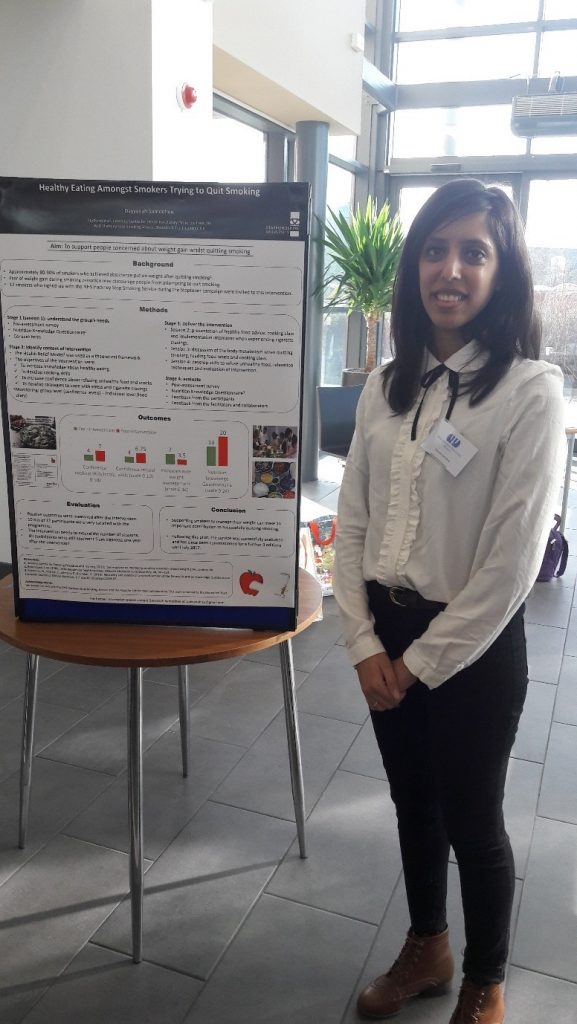
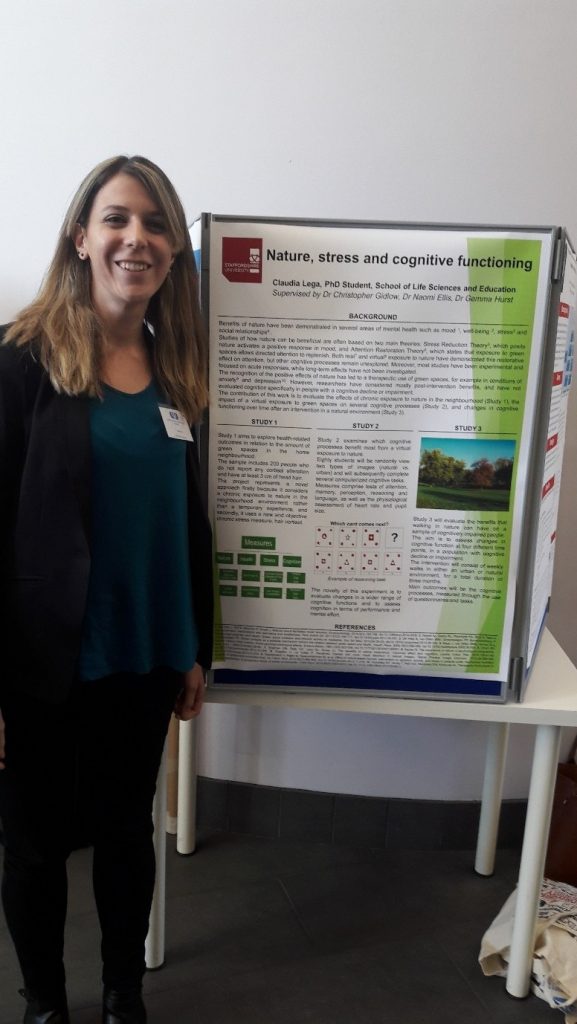
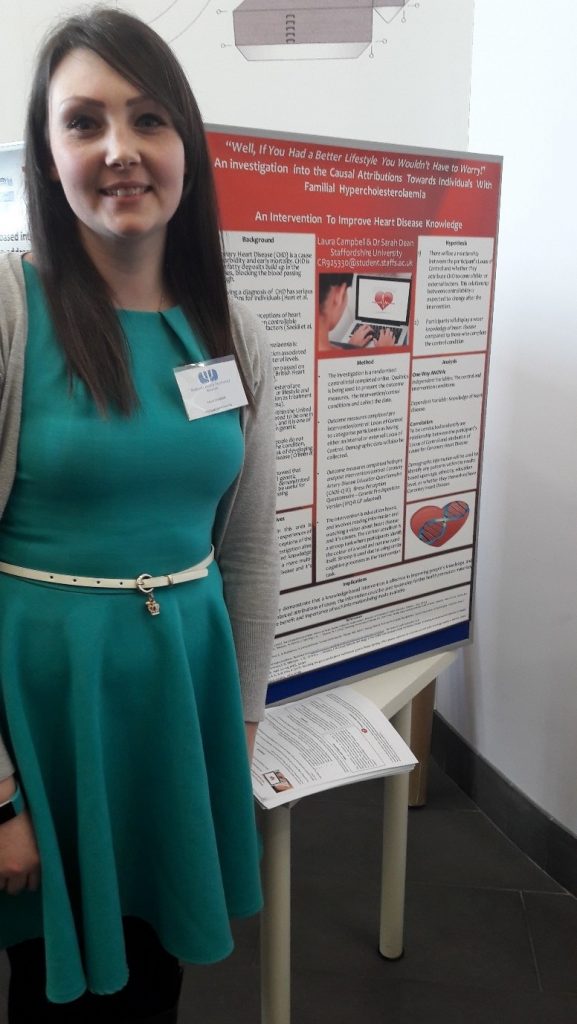
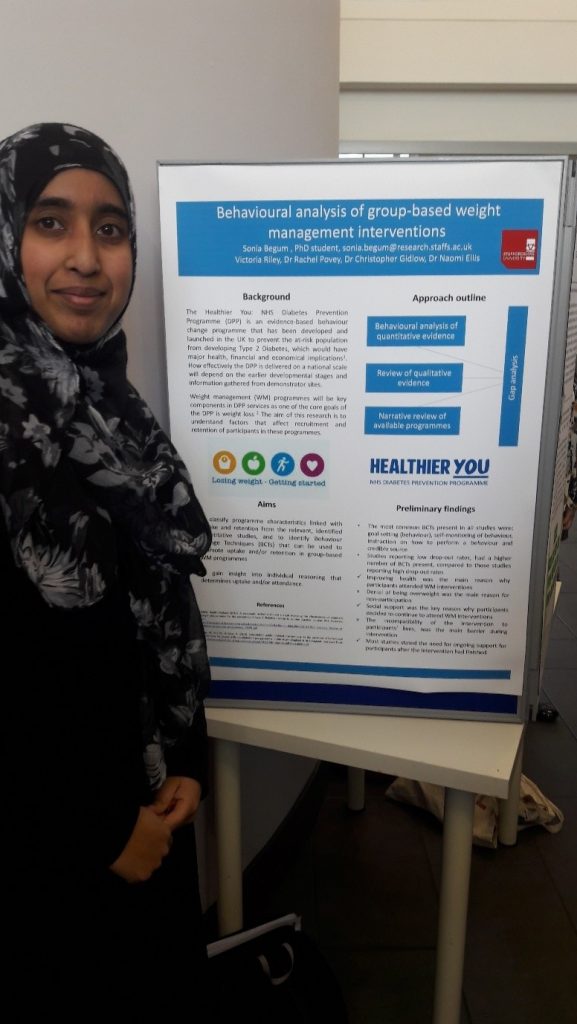
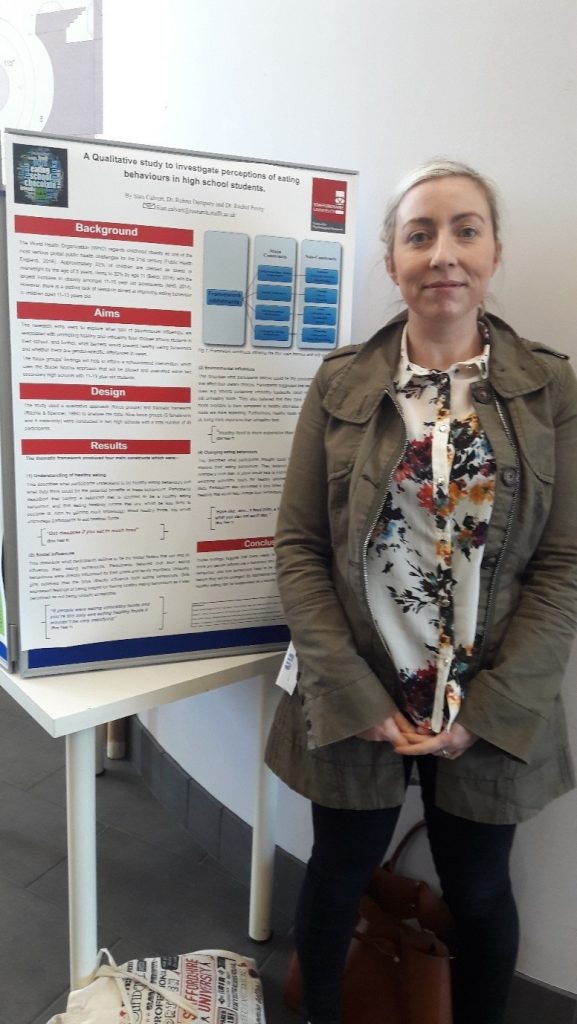




 Skills Specialist in the Psychology Department at Staffordshire University, has won a National Award in recognition of her excellent contribution to teaching!
Skills Specialist in the Psychology Department at Staffordshire University, has won a National Award in recognition of her excellent contribution to teaching! The
The 

 centre of excellence for teaching and research in Health Psychology, and is home to Staffordshire’s BPS Accredited Stage 1
centre of excellence for teaching and research in Health Psychology, and is home to Staffordshire’s BPS Accredited Stage 1





